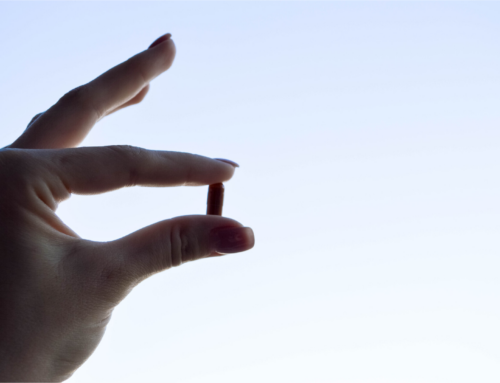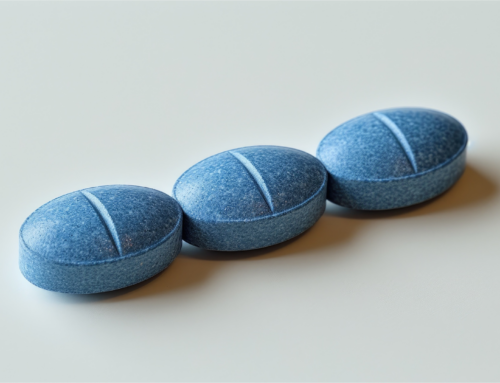Fibromyalgia is a condition that causes chronic pain. It is characterised by widespread musculoskeletal pain and causes the sufferer to be extremely sensitive to mechanical stimulation. Other symptoms include profound fatigue, cognitive disruption and sleep issues.
Although fibromyalgia is not considered an inflammatory condition and does not respond well to anti-inflammatories (Clauw DJ, Arnold LM et al. 2011), there may still be an element of the inflammatory process involved (Wallace DJ. 2006).
Clinical Trials of LDN Treatment for Fibromyalgia
Two small clinical trials have demonstrated that low-dose naltrexone, or LDN, can be an effective treatment for fibromyalgia. In both trials, LDN was administered at 4.5mg at night before bed. In the first crossover trial, where the participants received either LDN or placebo to start and then swapped midway through the trial, LDN reduced the pain associated with fibromyalgia in 6 out of 10 women compared to placebo (Younger J, Mackey S. 2009).
To help consolidate these findings, a second study was conducted on 30 women who had fibromyalgia (Younger J, Noor N, et al. 2013). This was a double-blind, crossover, counterbalanced study that found that 57 % of the participants exhibited a significant reduction of pain during the low-dose naltrexone arm of the trial. The trial participants stated that they felt “very much improved”.
These two trials add to the growing evidence that LDN or low-dose naltrexone is an effective treatment for reducing pain in fibromyalgia.
Low Dose Naltrexone and Compounding Pharmacies
Low-dose naltrexone (LDN) is not commercially available, meaning it is not widely manufactured. As a result, LDN can only be obtained from compounding pharmacies that specialise in customising such formulations. These pharmacies prepare LDN individually, offering it in liquid form or as capsules.
A recent advancement in the compounding pharmacy industry in the UK is the introduction of transmucosal LDN film tablets. APC Labs is the exclusive compounding pharmacy in the UK, offering Low Dose Naltrexone in this innovative format. These film tablets are placed on the inner cheek, where they dissolve and allow for rapid absorption of LDN into the bloodstream. Bypassing the liver’s first-pass metabolism ensures a quicker onset of action and increased drug absorption.
If you’re interested in trying the new transmucosal LDN film tablets, please get in touch with APC Labs today for further details.
References:
Clauw DJ, Arnold LM, McCarberg BH, FibroCollaborative The science of fibromyalgia. Mayo Clin Proc. 2011;86(9):907–911.
Wallace DJ. Is there a role for cytokine-based therapies in fibromyalgia? Curr Pharm Des. 2006;12(1):17–22.
Younger J, Mackey S. Low-dose naltrexone reduces Fibromyalgia symptoms: a pilot study. Pain Med. 2009;10(4):663–672.
Younger J, Noor N, McCue R, Mackey S. Low-dose naltrexone for treating fibromyalgia: findings of a small, randomised, double-blind, placebo-controlled, counterbalanced, crossover trial assessing daily pain levels. Arthritis Rheum. 2013;65(2):529–538.

Written by Mr. Shazlee Ashan
BSc Pharmacy, MSc Endocrinology, PgDip Infectious Diseases, Ipresc




